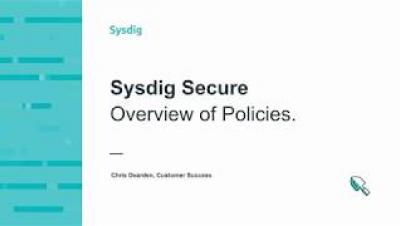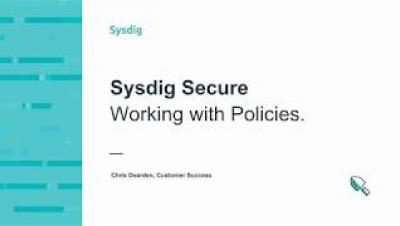Security | Threat Detection | Cyberattacks | DevSecOps | Compliance
opsdemon
Latest posts
Insider Threat Detection Software Can Help Increase Employee Productivity
A few years ago, a news story about a man who was being paid six figures to watch cat videos went viral. Unfortunately, his company didn’t realize that this is what they were paying him to do all day. How did this happen? The employee, whom we’ll refer to as “John,” worked for a company in the US and was getting paid six figures as a developer.
AT&T Cybersecurity in action
Security through transparency
There are many things within Information security that pundits have been claiming are dead, or should be killed by fire - passwords are usually found at the centre of such debates. But this isn’t a post about passwords, it’s a post about honesty, and trust. But let’s first take a look at the other side of the coin.
A Beginner's Guide to PCI Compliance
PCI DSS, or the Payment Card Industry Data Security Standard, is the set of regulatory requirements all organizations who process card payments must adhere to. Sounds simple enough, right? But PCI compliance can pose a major challenge to organizations if they’re not equipped with the proper knowledge and tools.
What You Need to Know About California's New Data Protection Law
Senate Bill 1121, more commonly known as the California Consumer Privacy Act (CCPA) was passed on September 23, 2018, and becomes effective on January 1, 2020. Already being compared to the European Union’s General Data Protection Regulation (GDPR), the new law focuses on privacy rights and encompasses both consumer protection and data protection. Thus, organizations need to know how to secure and protect information to meet the CCPA’s regulatory requirements.
Sysdig Secure: Overview of Policies
Sysdig Secure: Working with Policies
Sysdig Secure: Policy Events
What is User and Entity Behavior Analytics and why does it matter?
A lot could happen within 100 days. One could start a new company, travel around the world or train for a marathon. One hundred days is also around the average time that attackers spend frolicking around compromised networks before being detected. For countries in Europe, Middle East, and Africa the number goes up to 175, or almost half of a year. To make matters worse, the longer a breach remains undetected the more expensive it becomes.
Six Myths People Still Believe About GDPR
The General Data Protection Regulation (GDPR) came into force in May 2018, and by the letter of the law, virtually every business in the UK needs to comply with it. However, there are still some misconceptions surrounding the law and what it means to organisations. This can lead to difficult situations where mistakes can be made.











